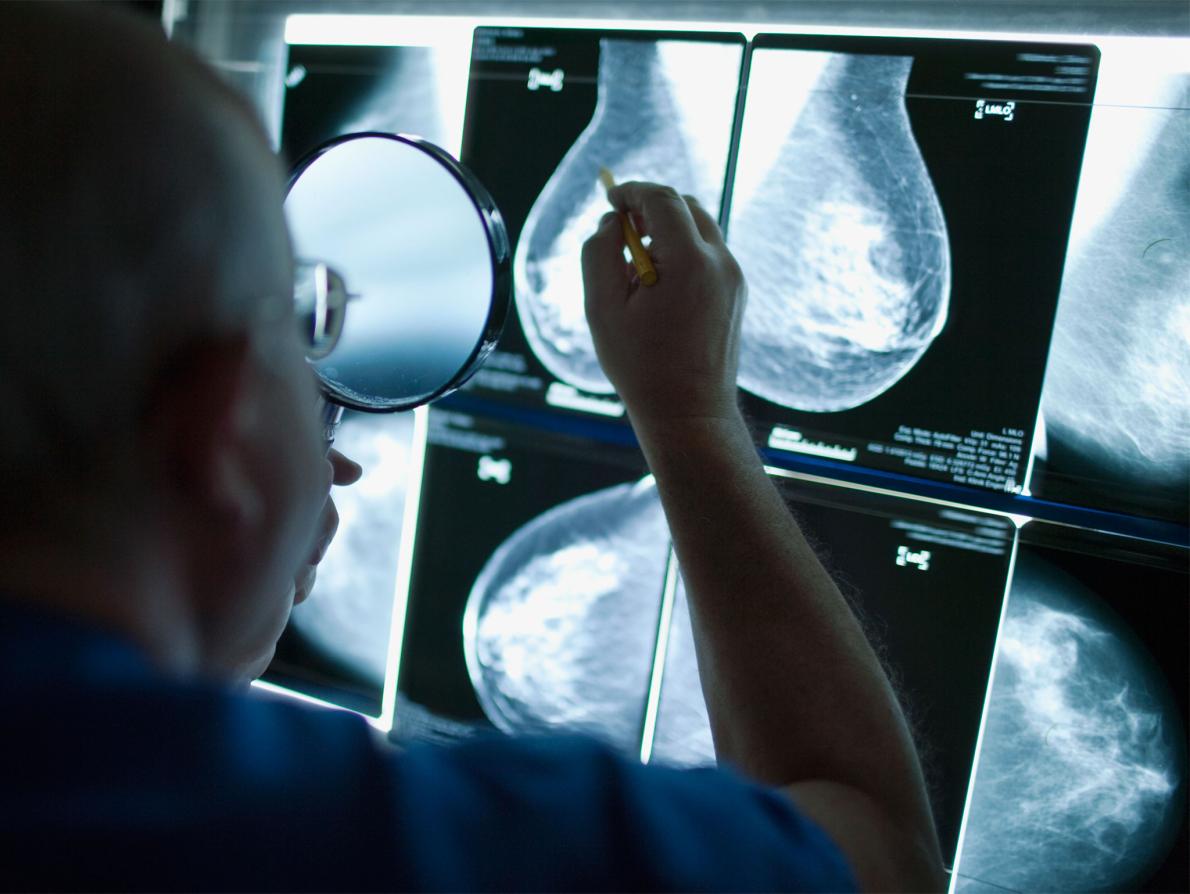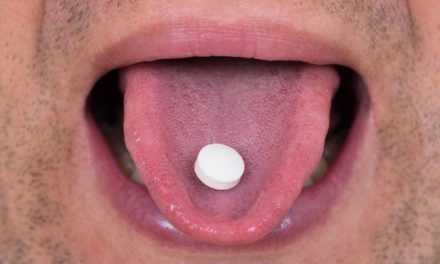According to a new Danish study, ONE in three women with breast cancer- detected by a mammogram- is treated unnecessarily because screening tests found tumors that are so slow-growing they’re essentially harmless. As you can imagine, this study has reignited the debate about the value of mammograms in early detection.
This means that though some women might believe their lives were saved by mammograms, they were actually harmed by cancer screenings that led to surgery, radiation, and chemotherapy THAT THEY DIDN’T NEED. And let’s be honest, surgery alone- let alone radiation and chemo- is no laughing matter.
Researchers are beginning to understand that not all breast cancers pose the same risk; some early tumors turn deadly while others stop growing or even shrink.
The article went on to say:
Regardless of the number, something should be done for those trusting their lives to mammography because treating women for cancer, unnecessarily, can endanger their health and lives as radiation can cause new cancers (so can chemo). And while many people know that, not all women do. What women mostly hear about are the benefits of mammography- not the risks. The Agency for Healthcare Research and Quality found that mammograms reduce the risk of dying from breast cancer by 25 percent to 31 percent for women ages 40 to 69, but is that enough?
So, what should you do? Depends on who you ask:
- The American College of Radiology recommends annual mammograms beginning at age 40 (even though mammograms notoriously diagnose false positives in women under 40).
- The U.S. Preventive Services Task Force recommends that women get mammograms every other year beginning at age 50, especially given that breast cancer risk rises with age.
- The American Cancer Society recommends annual mammograms from the ages of 45 to 54, followed by screenings every other year after that.
If even THEY can’t agree, why should we trust them so blindly? I know I don’t. Do you? What if there was a safer way? Have you heard about thermography? Here are some articles you might find helpful as you make a decision:
- Mammograms Send Women To Their Deathbeds Faster And Increase Their Risk of Breast Cancer As Much As 30 Percent
- Largest, Longest Study on Mammograms Again Finds No Benefit
The new Danish study found that although mammograms detected a lot more breast cancers, these were mostly small, early-stage tumors. The number of advanced cancers did not fall.
In the U.S. an estimated 253,000 new cases of breast cancer will be diagnosed this year, with nearly 41,000 deaths.
Source: CNN












